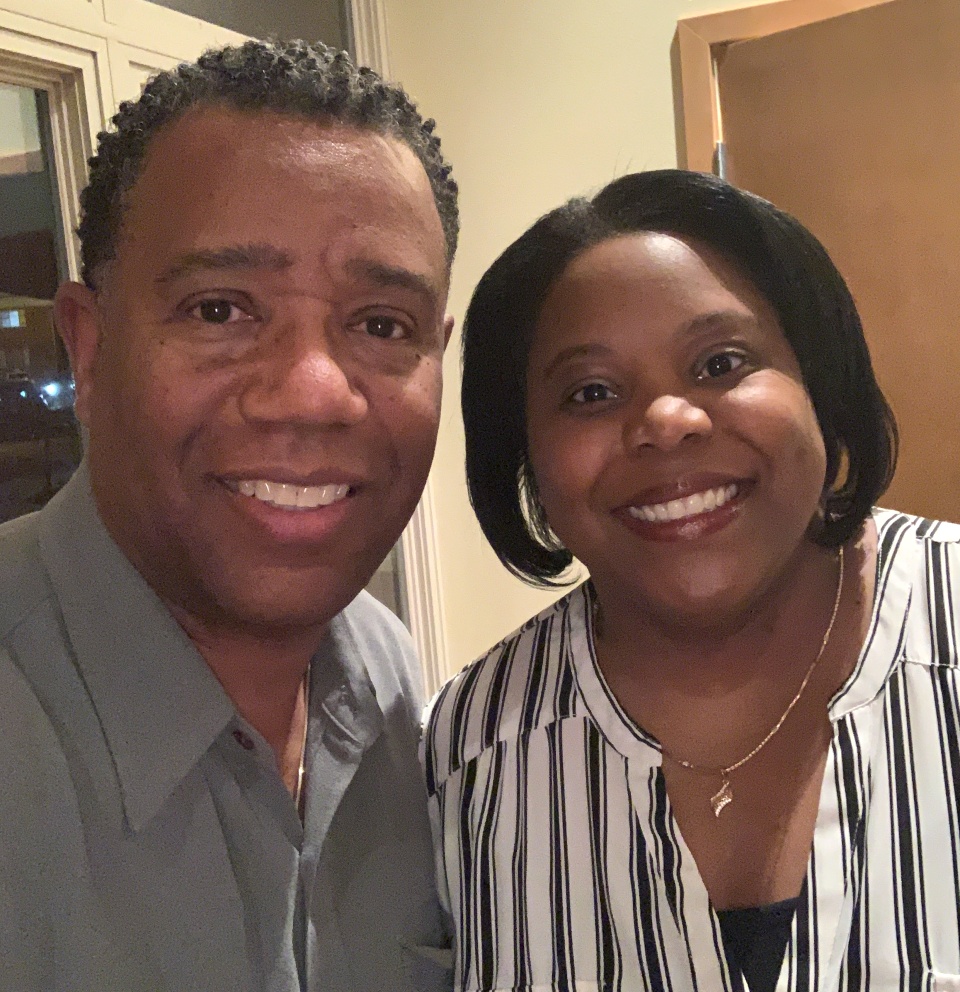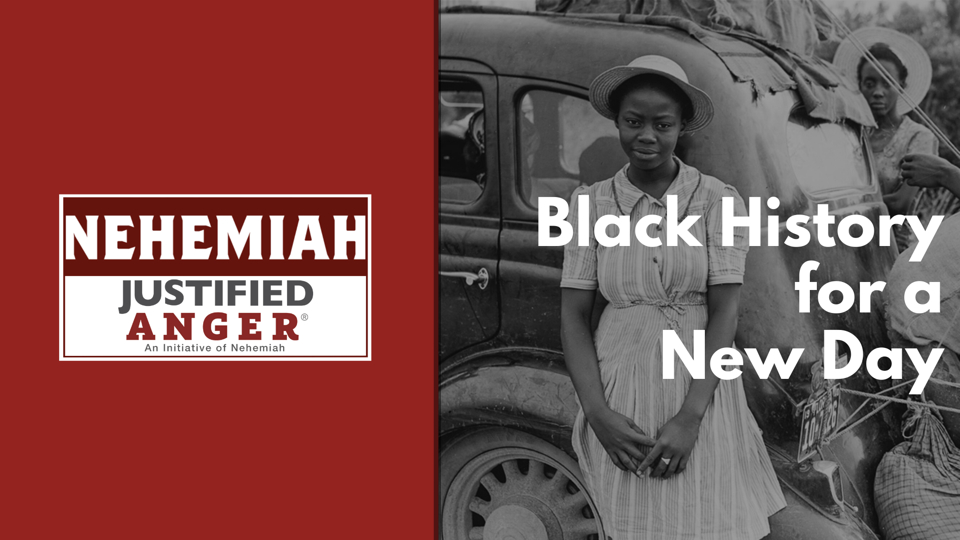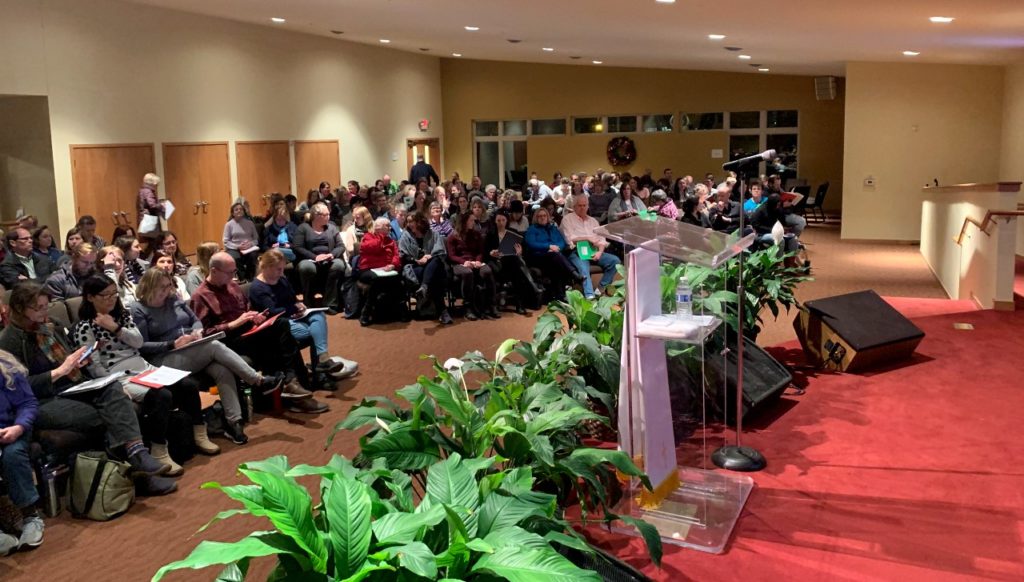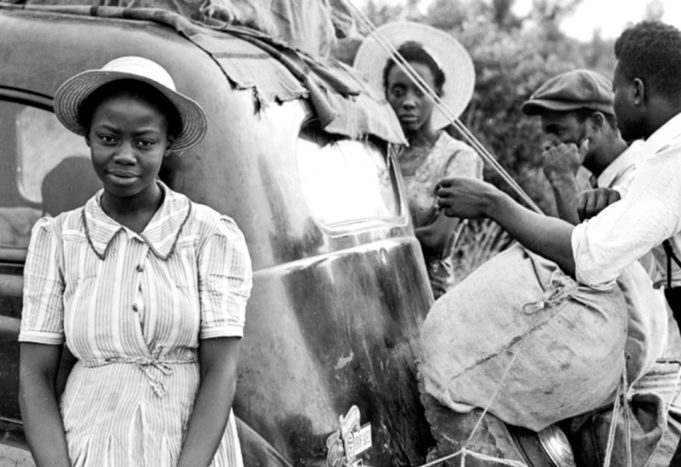“We tell people that this is not an intellectual exercise. If that is what you want, don’t come here,” says Dr. Rev. Alex Gee. “We are training people to be mobilized to dismantle racist systems where they live and where they work. That’s what they need to do. History helps them understand how intrinsically these systems were created and how clever and shrewd and diligent we need to be to dismantle them.”
The Justified Anger’s African American History Course is where non-Black people come together to think and learn about the history that has shaped their worldview and to analyze how the systems have been built to maintain a certain order that benefits them. For many, the course is a life-changing experience.
“The ‘magic sauce’ starts to happen when people question: How come we were never taught this?” says Gee, the founder/CEO of the Nehemiah Center for Urban Leadership Development. “People are not just learning about history where Black people are being brutalized, but so much more. The questions become: why did white people not check white people? And how can we parallel that to what is happening today?
“I have people who were history majors or who teach history who didn’t know some of the things we are learning about in the class,” he adds. “Then that makes the questions: how deep does this go? What kind of matrix are we in? Is this how things perpetuate themselves? That’s when people move from apathy to action.”
The nine-week online “Black history for a new day” course officially kicked off on Feb. 1 with more than 1,600 participants. That incredible turnout made Gee ecstatic. The course is online so some of those participants were from all over the world.

There were 530 people officially registered for that first Monday night “Black history for a new day” class from 7-9 p.m.
“In addition to that, we have 22 businesses – that includes faith communities, large and small businesses and school districts – that are going through this at their own pace,” says Gee, who also is the pastor of Fountain of Life Covenant Church and host of the Black Like Me podcast. “Those 22 businesses bring 1,100 participants which put the total participants up above 1,600 folks.
“It has really blown our minds,” he adds. “My whole team figured out the logistics of the technology aspect of it and they have done an amazing job. They crushed it. They have been masterful,” Gee adds. “It’s a very professional experience. It was my vision, but the team has put all of the technology together. I’m just the figurehead.”
Justified Anger has also trained 50 small-group volunteers for the after-the-lecture conversations, where everybody goes into a small group of 10. The course has come a long way since it first started back in 2016 when there were a total of 150 people taking the course.
“The history class was designed initially to see how would people maintain their interest in helping us if they first paused to see how we got here,” Gee says. “The whole process, at first, was: ‘Let’s see whose serious.’”
And it turns out that many of the course attendees were very serious because the course kept growing and growing. About two years ago, Gee decided to put the history course online so that it wasn’t limited by space.

The course goes for nine weeks and then they take a few weeks to break before they do what they call “next steps.”
“How do we put this to practice? And we walk them through the principles of educating, donating, affiliating – that’s our mantra. People need to understand how they got here and how they benefited from it,” Gee says. “And what will you now do so this is not perpetuated in your children and your family?
“We walk people through the next steps and we are creating this whole group of folks who have been mobilized in really unique ways to bring change to their own organizations. The work that people are doing helps to support the families that we are serving,” Gee adds. “And what I’m seeing in this microcosm is giving me hope for cross-cultural relationships. It’s giving me hope that non-Black people can follow Black leadership.”

Looking back at U.S. history, Gee says, gives us many indicators of what we need to do in order to move ahead in a positive and constructive manner today. The goal, Gee says, is to create a movement through this history class.
“We don’t just want to become educated; we want to become motivated to become part of the solution,” Gee says. “If you just bring people in and you just try to train them or you try to give them an experience mentoring or reading to Black kids; if you do that without them understanding what we’re dealing with … it’s like prescribing a drug and you haven’t diagnosed the issue.
“This is really about a new look at reality. It’s a whole new way of looking at our existence individually, together and how to really make this community, this nation, and this world a place where everyone can live and thrive,” he adds. “This is one of the coolest approaches to the work of reconciliation that I’ve ever been involved in and I’m extremely proud of it.”
For more information about the history course or to be put on the mailing list, the email address for doing so is: [email protected]










